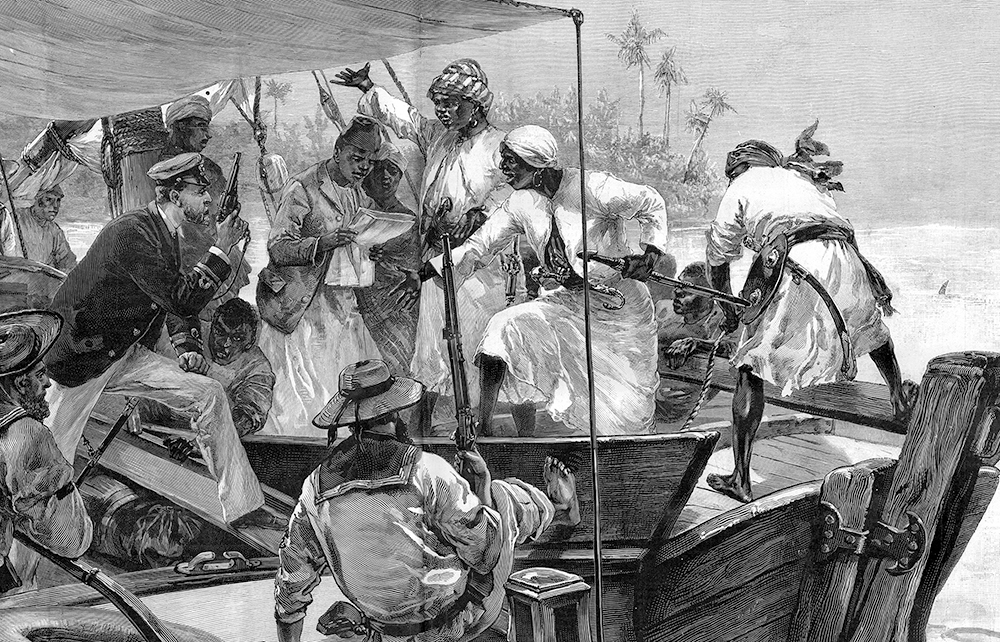This book has already had an interesting life, and most readers will by now know something of its history. For any who don’t, Nigel Biggar’s Colonialism was originally submitted for publication to Bloomsbury and was warmly received by them; but two months later it was indefinitely delayed, because (as the ‘email from the very top’ went) ‘public feeling’ was ‘not currently favourable’. Biggar writes in his introduction:
I asked them to specify which ‘public feeling’ they were referring to, and what would have to change to make conditions favourable to publication, but they declined to give answers. Instead, they informed me that they were cancelling our contract. Happily, William Collins has rescued what Bloomsbury chose to jettison.
If the book has got off to a rocky start, it is likely to get rockier still, because it will divide opinion along seemingly irreconcilable lines. Biggar has already had his very public run-ins with the anti-colonialists, and for all its air of disinterested enquiry, his ‘moral reckoning’ is not so much an olive branch as a broadside against an ‘illiberal cancel culture’ and time-serving academics for whom a ‘fashionable’ anti-colonialism is the open door to ‘posts, promotions and grants’.
If nostalgic imperialists will not quite find themselves in Alfred Austin’s garden, happily dreaming of telegrams announcing British victories on land and sea, they will come away from Biggar feeling a lot more comfortable about their past than they might otherwise be. The author never shirks the historic evils perpetrated by the Empire, but in his inquest into Britain’s colonial record we are seldom allowed to lose sight of the other side of the ledger.
If slavery was vile, what kind of selective ‘amnesia’, the book asks, can have erased the abolitionist movement from public consciousness of our past? Or ‘the century and a half of penance’ for the horrors of the transatlantic trade when the Royal Navy was policing the world to eradicate slavery? And what of the fact that, in 1940, it was Britain and her Empire that fought virtually alone against the Nazi regime? What of the countless district commissioners and civil servants in India who devoted their lives to the countries they served and often loved? What of the establishment of the rule of law? And what – the drum roll of British achievements, economic, cultural, humanitarian, educational, paternalistic, fills a whole page – of that example of ‘extra-ordinarily incorrupt’ administrators that the Empire bequeathed to its former colonies?
None of this, of course, will wash with the anti-colonialists, any more than will the reminder that General Dyer liked Indians; that we were not the first to blow prisoners from the cannon’s mouth; or that the Benin treasures were technically ‘spoils of war’ and not ‘loot’.








Comments
Join the debate for just £1 a month
Be part of the conversation with other Spectator readers by getting your first three months for £3.
UNLOCK ACCESS Just £1 a monthAlready a subscriber? Log in